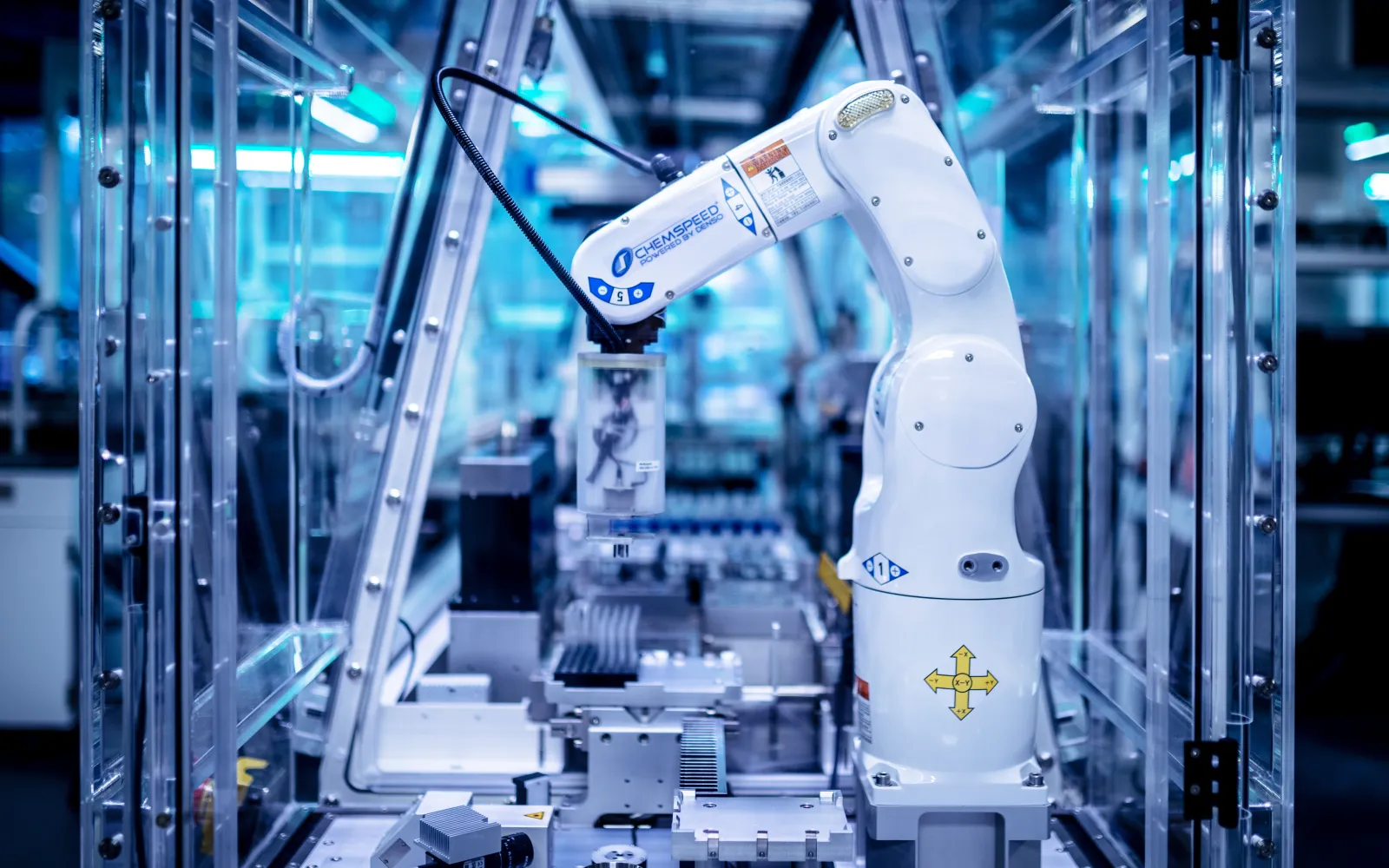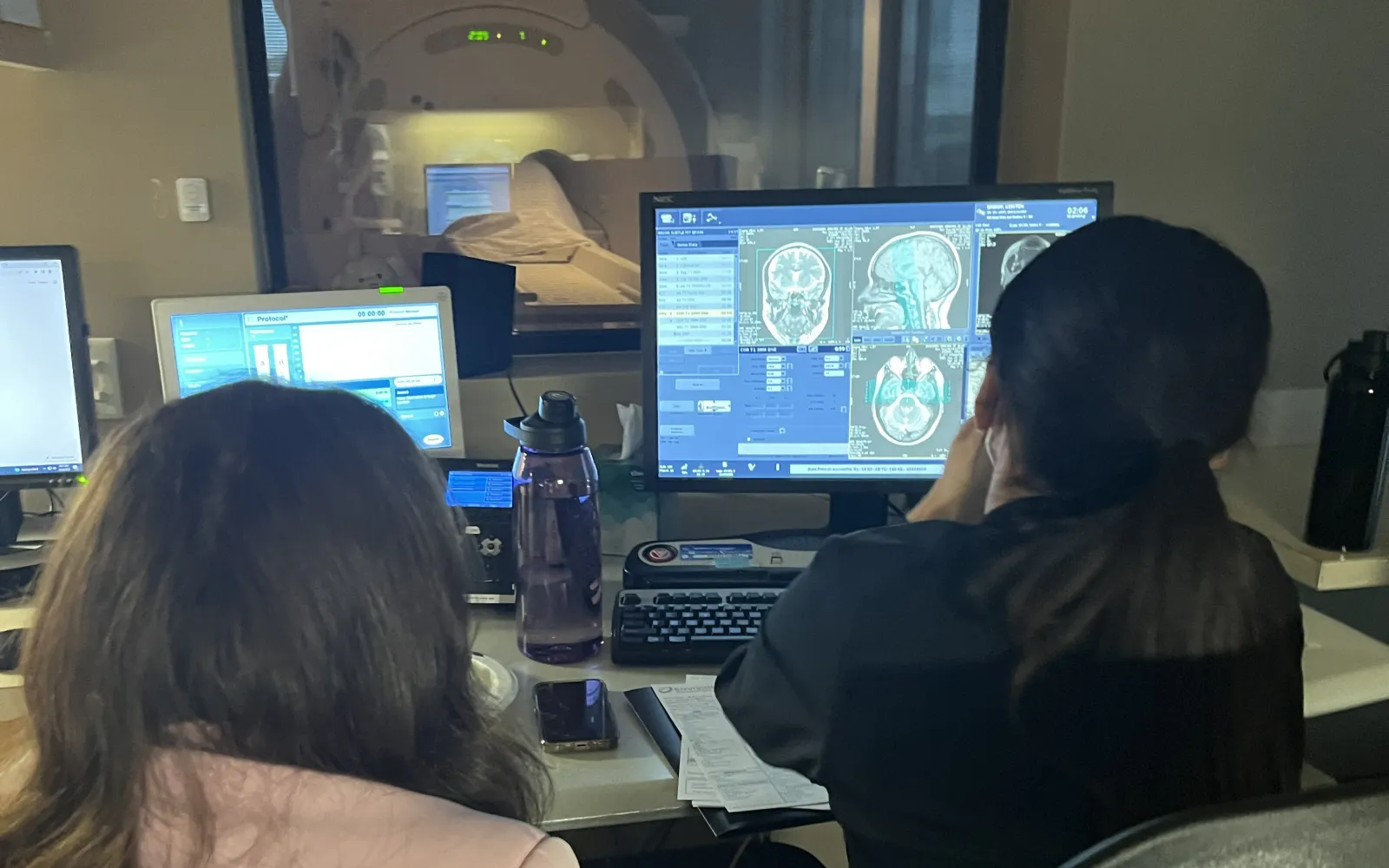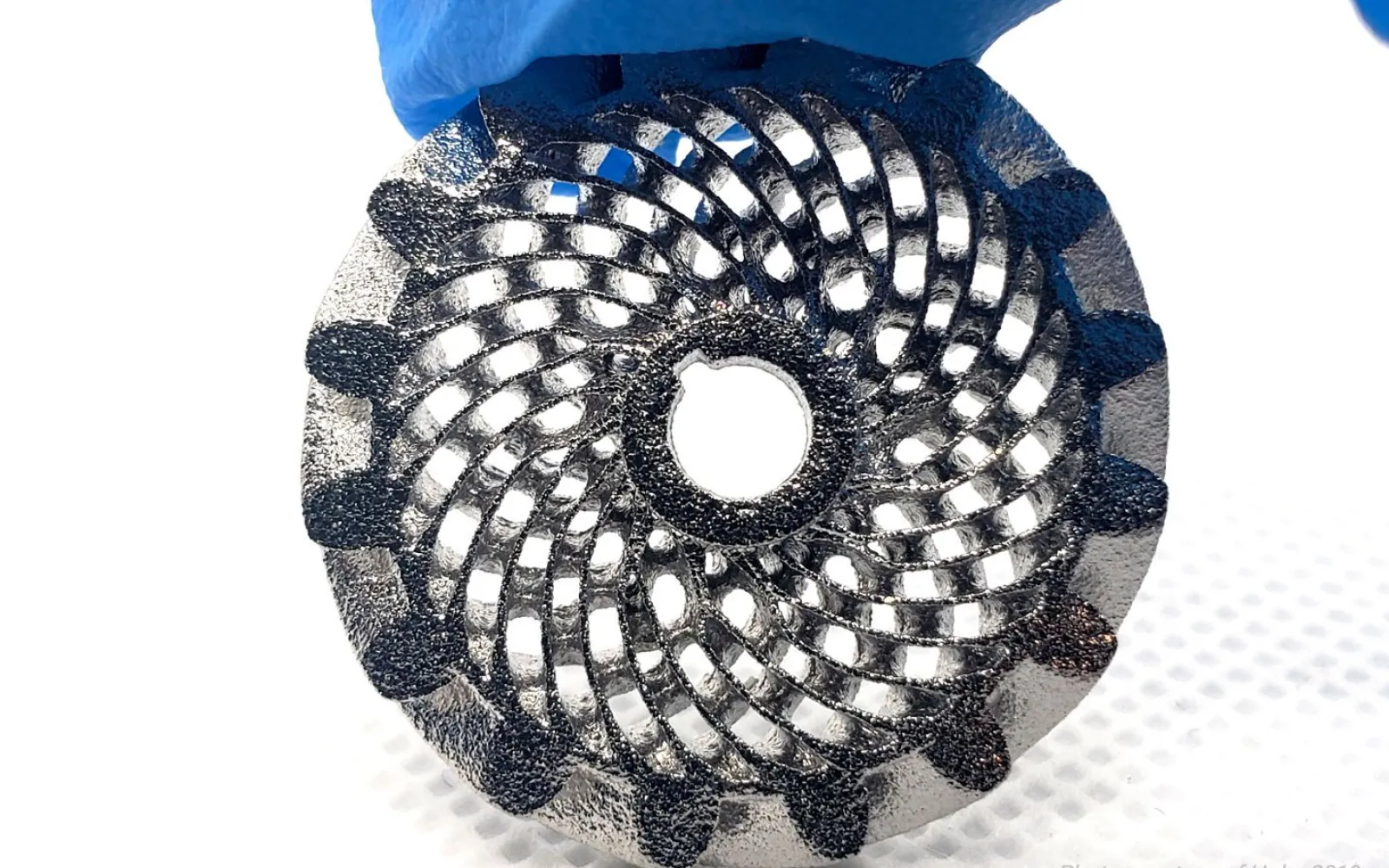About a month ago, we highlighted the DCVC companies working to help mitigate the impact of the COVID-19 pandemic.
The devastating effects of COVID-19 – more than 500,000 deaths worldwide as of July 7th and massive impact to the global economy – remain a stark example of the challenges we face as a society. As the crisis has continued, the need for action has only grown. Countries around the world face a litany of challenges: managing healthcare capacity; scaling production and distribution of COVID-19 and serology tests; agreeing on policies for the gradual reopening of societies; and hard decisions about balancing public health with a worsening economic situation.
But in these challenging times there is room for optimism – 2020 will be remembered as a year of technology acceleration, in which bold entrepreneurs and innovators pushed forward their work. From telehealth providers offering testing and online consultations; biotech startups specializing in antibody development or wastewater analysis helping to contain the spread of COVID-19 — the Deep Tech response to COVID-19 has been nimble and multi-faceted.
As those efforts mature, we wanted to share an update on the progress made by some of our portfolio companies:
- AbCellera, a DCVC Bio company that combines high-throughput microfluidics, hyper-scale data science, machine learning, bioinformatics, and genomics to identify new first-in-class drugs and reduce the time it takes to bring treatments to the clinic, received a commitment for $175.6M from the Canadian government’s Innovation, Science and Economic Development’s Strategic Innovation Fund on May 3rd for antibody discovery projects related to COVID-19. And on June 1, LY-CoV555, the lead antibody identified as part of the collaboration between AbCellera and Eli Lilly entered into the world’s first COVID-19 clinical trial.
- Carbon Health, which uses machine learning and advanced software to deliver accessible, higher quality and more empathetic urgent care and primary care across California, created a comprehensive COVID-19 response which combines online symptom assessment tools and comprehensive telemedicine services. Carbon recently announced a $28M extension to its Series B funding round from DCVC, which has helped with its swift growth, increasing headcount from 100 to over 300, and expanding online care to 16 states with plans to serve the entire country by the summer, even as it continues to run mobile COVID-19 testing sites across the Bay Area.
- Atomwise uses deep learning to enable small molecule drug discovery and recently announced new 15 research partnerships with universities around the world to explore COVID-19 therapies. Beyond COVID-19, these partnerships will explore therapies with broad-spectrum capabilities in an effort to mitigate future Coronavirus outbreaks.
- Zymergen, has perfected molecular manufacturing that replaces today’s dirty, devastating hydrocarbon supply chains with cleaner, better products for all. The company turned its expertise toward combatting the COVID-19 epidemic and helped accelerate and support critical testing initiatives by volunteering 30 of its world-class science automation team members, robots, equipment and consumables to a number of regional testing and therapeutic companies, including the Chan-Zuckerberg Biohub, where key Zymergen staff delivered, set and activated specialized equipment on-site in less than 48 hours.
- Recursion Pharmaceuticals, which combines cutting-edge AI, experimental biology and computer vision to discover new potential drugs, partnered with a local Biosafety Level 3 facility early in the pandemic to screen thousands of FDA-approved and Generally Recognized as Safe compounds in an unbiased, morphological, AI-enabled search for unexpected signals of efficacy against live SARS-CoV‑2 virus in primary human cells. Less than two weeks later, it identified optimal human cellular models for the disease, screened more than 1,600 FDA approved drugs against the models, analyzed the results and wrote and submitted a research paper, available in pre-print now. Not only did Recursion go from an exploratory wet-lab to pre-print and nearly 300,000 images generated in only 31 days, but they are also providing invaluable insight into the effectiveness of already-approved drugs like remdesivir. Recursion also open-sourced the resulting“RxRx19” dataset, which is the first human cellular morphological dataset of SARS-CoV‑2 (COVID-19). The goal in releasing RxRx19 was to quickly contribute human cellular morphological data and over 1,600 small molecules to researchers around the world who are working to make advances in the fight against the COVID-19 pandemic.
- Caption Health provides the first and only FDA approved, AI-guided cardiac ultrasound imaging software to help those on the frontlines treat patients with COVID-19. As we learn more about COVID-19, we now understand it can have a direct effect on the heart. Additionally, many patients with underlying cardiovascular disease are at higher risk of contracting COVID-19 and have a worse prognosis. Caption AI can enable rapid assessment of cardiac function, allow institutions to reduce the risk of COVID-19 exposure for personnel, and stretch limited resources by enabling more healthcare workers to perform echocardiograms for patients in isolation. Recognizing these tremendous benefits, the FDA in May expedited clearance of Caption Health’s software, so it can aid these frontline workers in the fight against COVID-19 and beyond.
- Medical Informatics Corporation’s platform, “Sickbay”, is an FDA-cleared, software-based monitoring and analytics platform for ICUs, which can help hospitals effectively increase bed capacity without new staff, consumables, beds or equipment. Sickbay, already running in several hospitals, can be stood up in any pop-up facilities built to provide extra capacity in this pandemic. This enables providers — even those in isolation — to help monitor patients from afar to help provide triage support to care teams on the ground. The company launched the Scale to Serve Program as part of Intel’s PRTI initiative to fund rapid deployment of the Sickbay platform for the first 100 hospitals that qualify.
- Biobot Analytics studies wastewater to generate public health data on the prevalence of certain bacteria or viruses. On March 17th, Biobot launched a pro bono program to study and monitor the prevalence of COVID-19, covering up to 10% of the US population. This program analyzes wastewater samples using qPCR (quantitative polymerase chain reaction) to help local authorities understand and monitor the spread of COVID-19 in their community.
- Strateos has fully automated drug discovery and synthetic biology research and has partnerships with major pharmaceutical companies like Eli Lilly. Using advanced robotics to synthesize, evaluate and test drugs from scratch against complex wet lab processes, it is essential for accelerating the discovery and testing of drugs to treat COVID-19. Its fully automated lab ensures that in the midst of a pandemic, researchers can still complete critical drug discovery research even as they comply with local stay at home orders.
Deep Tech efforts to fight the COVID-19 pandemic do not stop here – many of our other portfolio companies, including Subtle Medical, Desktop Metal, nTopology, Primer.ai, Element AI and Rescale, have all contributed their resources and expertise to assisting in the pandemic. Responding to a pandemic goes far beyond assisting medical professionals and frontline workers or identifying new treatments. It requires new approaches to how we go about our daily lives. In the DCVC portfolio alone, companies such as Evolv Technologies are striking new partnerships ensuring our physical security while still reducing human proximity in a post-lockdown world, while the team behind Fortem are working with the US Department of Transportation’s Unmanned Aircraft Systems Integration Pilot Program (UAS IPP) to test the secure delivery of medicines to and from hospitals via unmanned drones. And Zymergen, which is contributing its expertise to COVID-19 research efforts, is also demonstrating with hyaline that it can help bring large chunks of today’s fragile global supply chain “back home” to the US while enabling cleaner, less environmentally damaging and higher quality products with faster time to market.
Our thesis has always been that Deep Tech can provide resiliency not just in the face of crises, but in the face of fundamental structural challenges facing our societies. In the last month, we’ve seen that companies we have backed for years have proven effective in responding to a pandemic — not least because they have been grappling with the underlying issues of resilience against diseases and a sustainable model for public health. We’re driven by the idea that highly technical companies, drawing from the latest scientific advances, will also provide a true sense of resilience in the face of climate change or a growing population.
This gets to the essence of Deep Tech — marrying entrepreneurship with the latest advances in science and technology to tackle previously unsolvable problems in every industry.
As the world continues to work through this crisis, we are inspired by the first responders, scientists and other essential workers who are keeping our societies running. To the hard-working teams at the many DCVC portfolio companies tackling COVID-19: we thank you for your tireless efforts and hope you and your families stay safe and healthy.
For more information on the COVID-19 pandemic, please see relevant expert resources from the WHO and CDC.




































